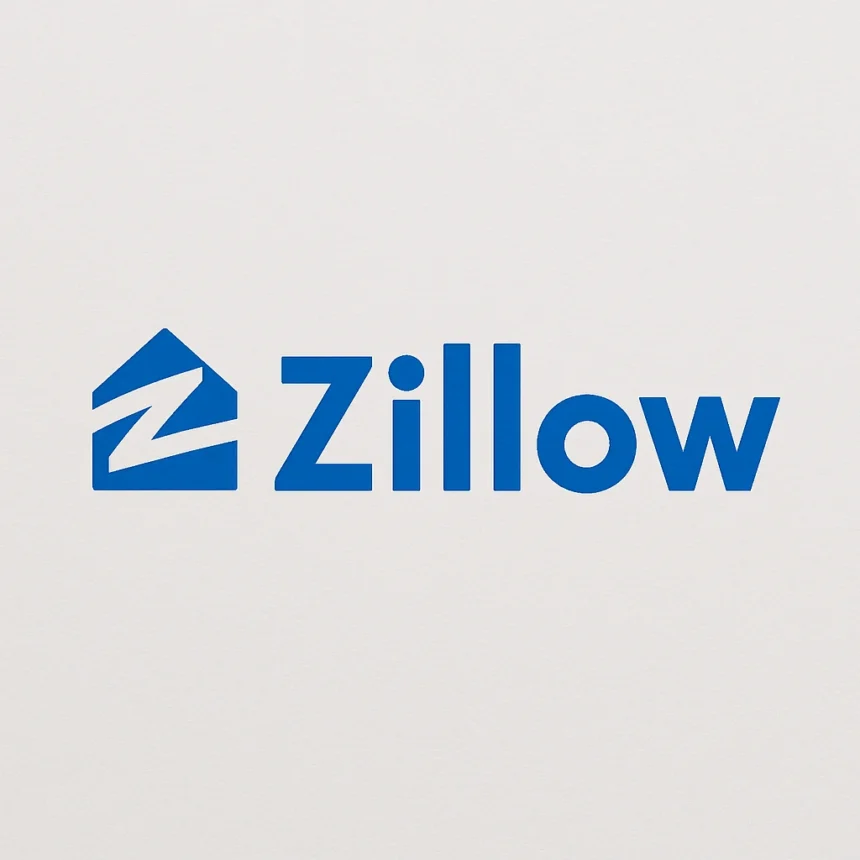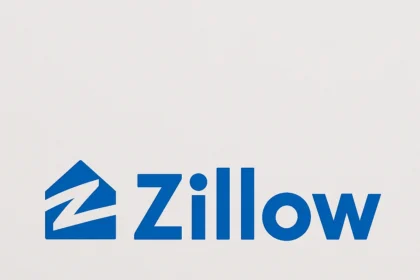Decoding the 2025 Tax Reforms: Pakistan Real Estate Braces for Impact
Pakistan's real estate sector is no stranger to fluctuations, and the recently announced tax reforms for 2025 are set to introduce another wave of change.…
Let's Connect
Featured Stories
Margalla Enclave Expansion: A Response to Soaring Demand Signals Positive Market Growth
The Islamabad real estate market is buzzing with the news of new plot launches in Margalla Enclave. This development isn't just another project; it's a…
Margalla Enclave Expansion: A Response to Soaring Demand Signals Positive Market Growth
The Islamabad real estate market is buzzing with the news of new plot launches in…
Rawalpindi Development Authority Cracks Down on Illegal Housing Scheme: What it Means for the Real Estate Market
The Rawalpindi Development Authority (RDA) has recently issued a notice to an illegal housing scheme…
Buying Property in Pakistan: Essential Advice for Making the Right Decision
Buying property is one of the most significant financial decisions you will make in your…
UAE-Based Developer Announces $300 Million Investment in Pakistan’s Real Estate Sector
In a significant boost to Pakistan's real estate market, Reportage Properties, a leading real estate…
PM’s Push for Housing Investment: A Game Changer for Pakistan’s Real Estate?
Pakistan's real estate sector is abuzz following Prime Minister Shehbaz Sharif's recent call for comprehensive…
The Ultimate Guide to Buying Land in Pakistan: Dos and Don’ts
Buying land in Pakistan can be a lucrative investment, but it's also a complex process…
Pakistan Real Estate: Property Valuation Rates Skyrocket – Brace Yourselves!
The real estate landscape in Pakistan is shifting once again, and this time, the change…
CDA Chairman Takes Action on Water Filtration & Sewage in Islamabad
In a move that could significantly impact the quality of life and real estate market in Islamabad, the Capital Development Authority (CDA) Chairman, Muhammad Ali…
Sindh’s Housing Crackdown: What Does it Mean for Pakistan’s Real Estate?
Introduction While the Pakistani real estate market is always in motion, a significant development in…
Major Government Announcement on Property Tax Reforms
Government Unveils Plans for New Property Tax System The government of Pakistan has just announced…
Big Relief for Homeowners: Punjab Exempts Smaller Properties from Tax
The Announcement The real estate landscape in Punjab just shifted, with a significant announcement bringing…
Keeping You in the Now
Research
If Your Home’s on Zillow, This Might Be the Most Important Thing You Read Today
You’ve hit “Publish” on Zillow. You nervously refreshed your inbox. You told yourself, “Any day now, that perfect offer will come.” And yet… still crickets.…
Rawalpindi Development Authority Cracks Down on Illegal Housing Scheme: What it Means for the Real Estate Market
The Rawalpindi Development Authority (RDA) has recently issued a notice to an illegal housing scheme…
CDA Chairman Takes Action on Water Filtration & Sewage in Islamabad
In a move that could significantly impact the quality of life and real estate market…
Pakistan Real Estate: Property Valuation Rates Skyrocket – Brace Yourselves!
The real estate landscape in Pakistan is shifting once again, and this time, the change…
10 Essential Tips for First-Time Home Buyers in Pakistan
Buying your first home is a huge step, and it's easy to feel overwhelmed. Here's…
Why Isn’t Your Zillow Listing Getting Offers? Uncover the Hidden Reasons
You've taken the significant step of listing your home on Zillow, anticipating…
If Your Home’s on Zillow, This Might Be the Most Important Thing You Read Today
You’ve hit “Publish” on Zillow. You nervously refreshed your inbox. You told…
Decoding the 2025 Tax Reforms: Pakistan Real Estate Braces for Impact
Pakistan's real estate sector is no stranger to fluctuations, and the recently…
The Ultimate Guide to Buying Land in Pakistan: Dos and Don’ts
Buying land in Pakistan can be a lucrative investment, but it's also…
Big Relief for Homeowners: Punjab Exempts Smaller Properties from Tax
The Announcement The real estate landscape in Punjab just shifted, with a…
Punjab’s Property Tax Reforms: A Boost for Affordable Housing?
The real estate landscape in Punjab, Pakistan, is poised for a potential…
Choosing the Perfect Location for Your Property in Pakistan
Choosing the perfect location for your property in Pakistan is a crucial…
Rawalpindi Development Authority Cracks Down on Illegal Housing Scheme: What it Means for the Real Estate Market
The Rawalpindi Development Authority (RDA) has recently issued a notice to an…

























